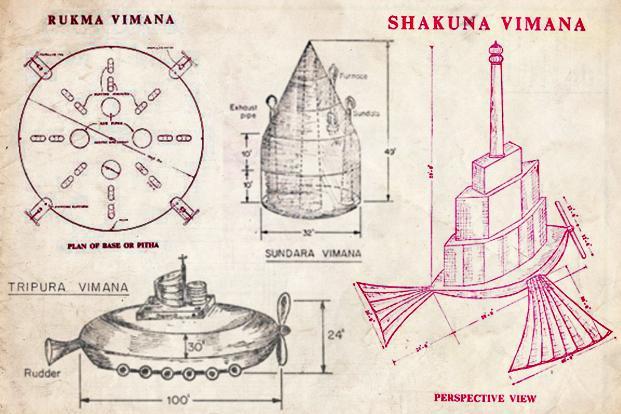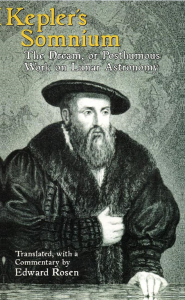
Space ships, droids, clones, end-of-days, zombies and nuclear apocalypses and the meaning of life. Dystopias, utopias, and the question of humanity and our place in the Universe. Yup, it’s science fiction, more lovingly known by fans and devotees as SciFi or SF. Nobody can quite agree on its exact definition, and so nobody can quite agree on the exact origins of the genre. Some people think it goes as far back as the Sumerian Epic of Gilgamesh, others say it had to have started during the 17th and 19th centuries. What everyone can agree on is that science fiction began to flourish in the 20th century. It’s then that it began to diversify and eke out its place in pop culture and the global conversation of humanity.
We’ll be exploring the origins and history of where we get our current most-beloved science fiction. Stories like Star Trek, Star Wars, Doctor Who, Stargate SG-1, and Babylon 5 had to start somewhere. This week we’ll be covering the early precursors to modern science fiction.
Ancient Aliens
Many people like to argue that the first known work of recorded literature, the Mesopotamian Epic of Gilgamesh dating back to 2000 BC, citing the apocalyptic flood scene and the quest for immortality. Ancient Indian poetry such as the epic Ramayana includes flying machines able to travel into space and water. In the 2nd century AD, Lucian’s satire True History included themes of travel to outer space, first-encounter with alien life forms, interplanetary warfare. But, ancient Mesopotamia, India, and Greece weren’t the only places dreaming out Science Fiction. Japan, too, had early tales that included time travel and extraterrestrials. It would seem that human beings have, for thousands and thousands of years, always been interested in science fiction!
Medieval Fantasies
Things get a bit muddled in the Middle Ages. Scientific inquiry was at a relative standstill in Europe, and so, while there were stories that resembled science fiction in some form, it could be argued that many of these more appropriate belong to the fantasy or mythology genre. The best example of medieval SF belongs to none other than Geoffrey Chaucer, author of the famous Canterbury Tales. Well, Geoffrey wasn’t a one-trick pony. He also wrote a story called “The House of Fame”. Supposedly, said house was the home of sound, to which all sound was attracted. This is an early example of science fiction as an exploration and explanation of the world around us.
Other notable works include Mandevilles Travels, a travel narrative that includes, in one particularly exciting moment in the narrative, automata, or “living machines”, which is another widely-used science fiction trope.
Most fiction in this era can be written off as fantasy, however, and because knowledge of the world was so limited at the time, it’s hard to know how much of the fiction was based on real science, and how much was simply based on a skewed perception of how the world worked.
Proto-Science Fiction

Then the Enlightenment period dawned on Europe and America, and under the umbrella of scientific exploration and the newfangled philosophies of humanism, Thomas More, in 1516 wrote Utopia: a story about a perfect society. This story would be, as cynicism set in, the precursor for dystopian stories like The Giver, 1984, Fahrenheit 451, Ender’s Game. This is, in fact, besides adventures to outer space and the quest for what it means to be human, one of the most widespread tropes in the literature of Science Fiction, and it all began with Utopia.
Other stories from the Age of Reason that you may not have known were, in fact, proto-science fiction include The Tempest, by Shakespeare, which is where we get the character archetype of “the mad scientist”. Scientist Johannes Kepler wrote a work called Somnium, which details an imaginary voyage to the moon, and even the famous Voltaire wrote science fiction! His work Micromegas, in 1752, was the seed for the common trope in science fiction that other worlds and societies in outer space were far more technologically advanced than Earth. If you’ve ever been bothered by Earth always being late to the technology game in relation to other species in SciFi, well, thank Voltaire.
From Gilgamesh to New Atlantis and Micromegas, it’s of little doubt that people have been thinking about the Fantastic for a long time. Science fiction seeks to explain where we came from and give us an answer for where we’re going. It’s an exploration of the worlds beyond our world, or sometimes within our world. But it won’t be until much later in human history that this genre really began to take off.